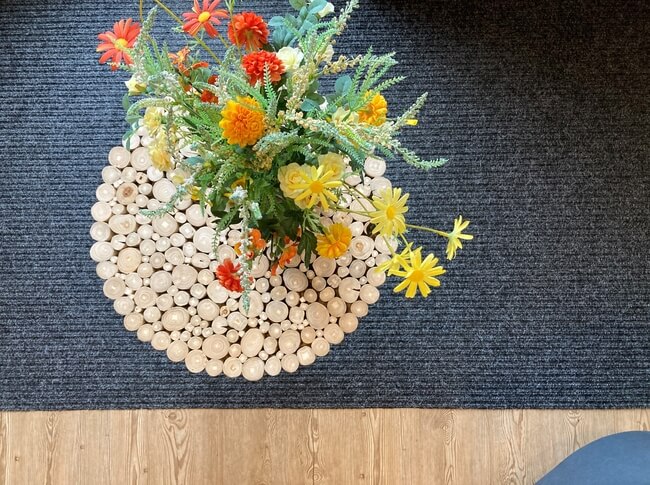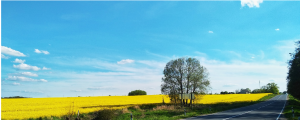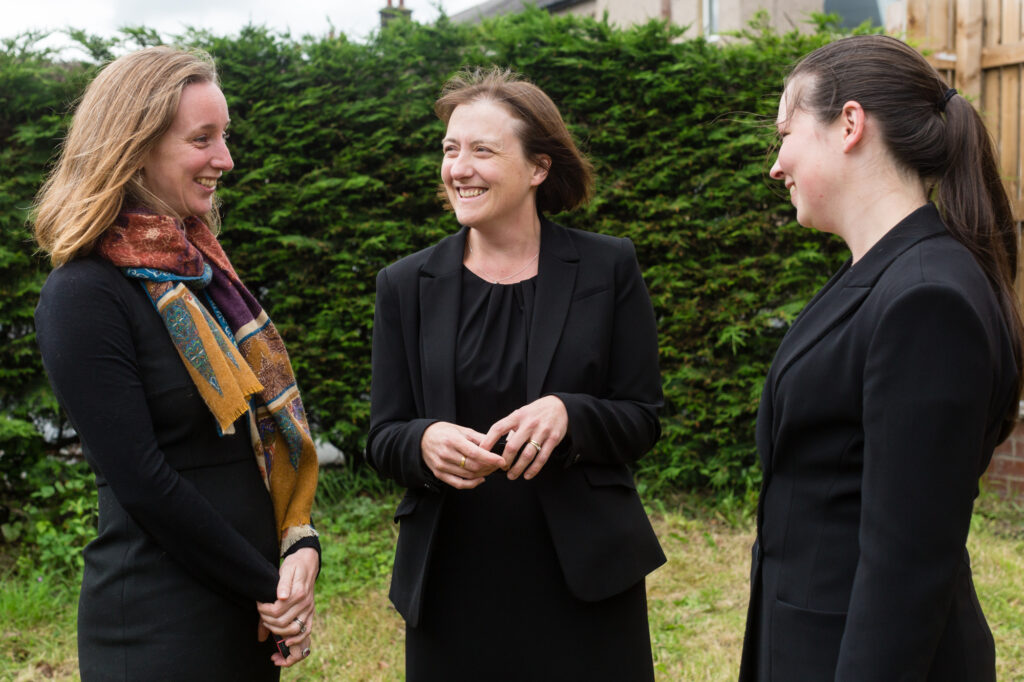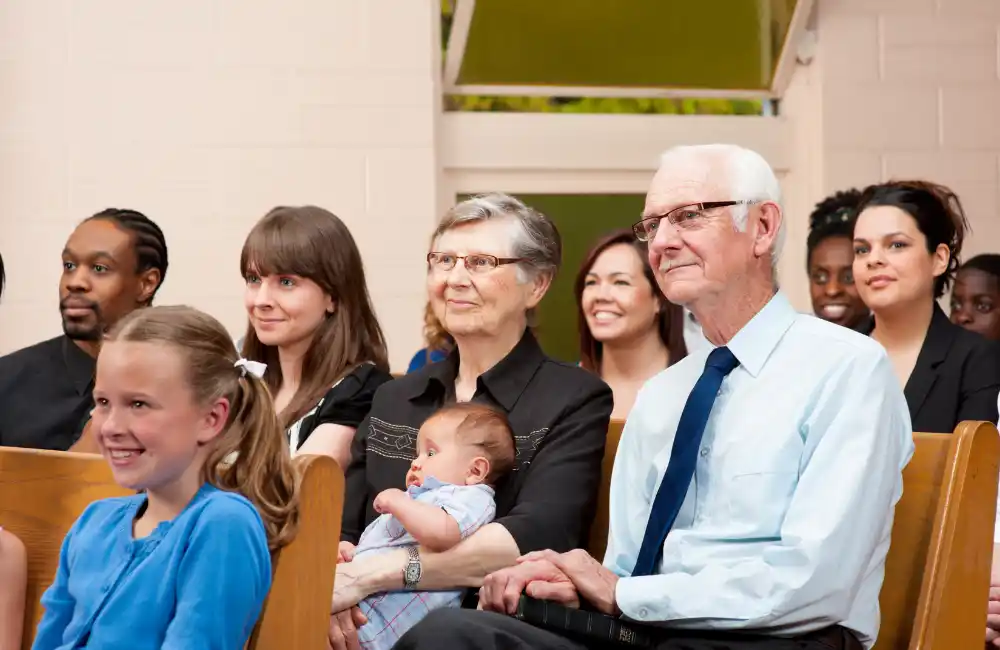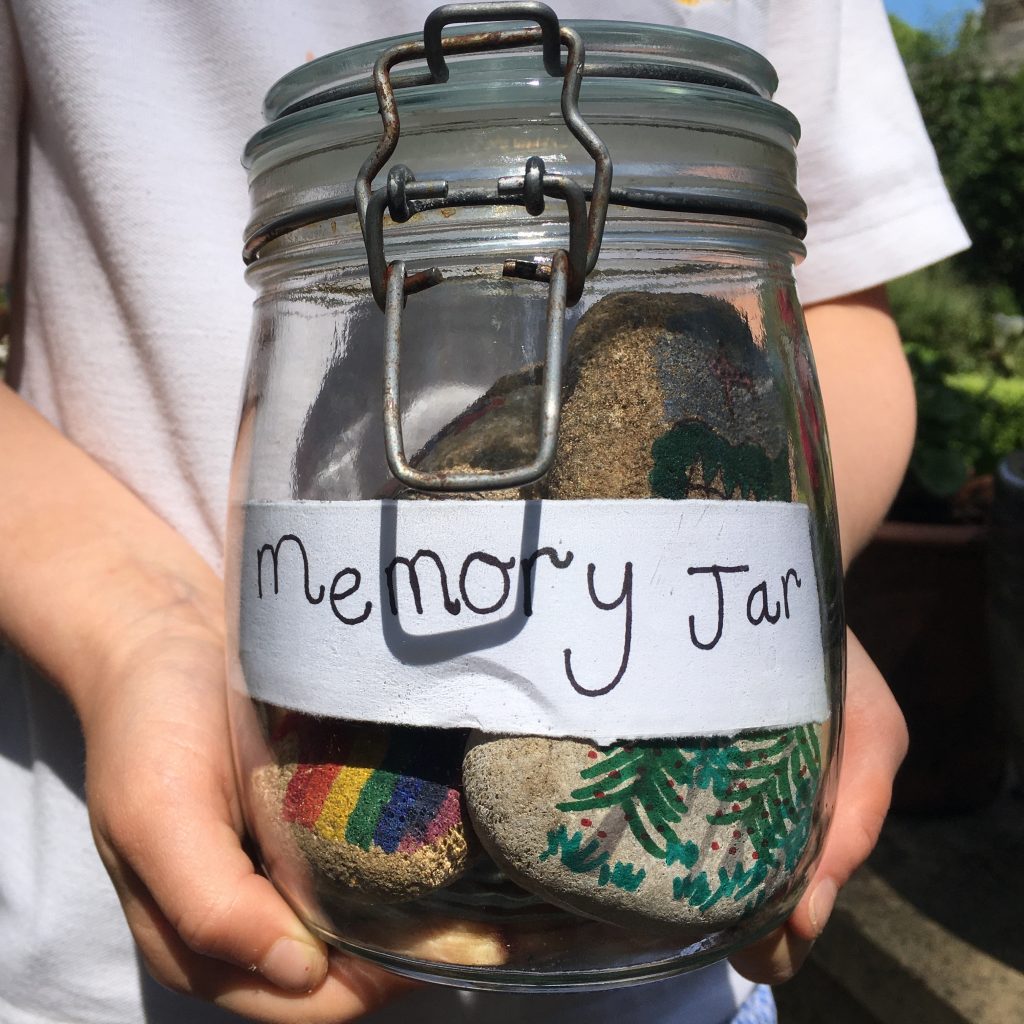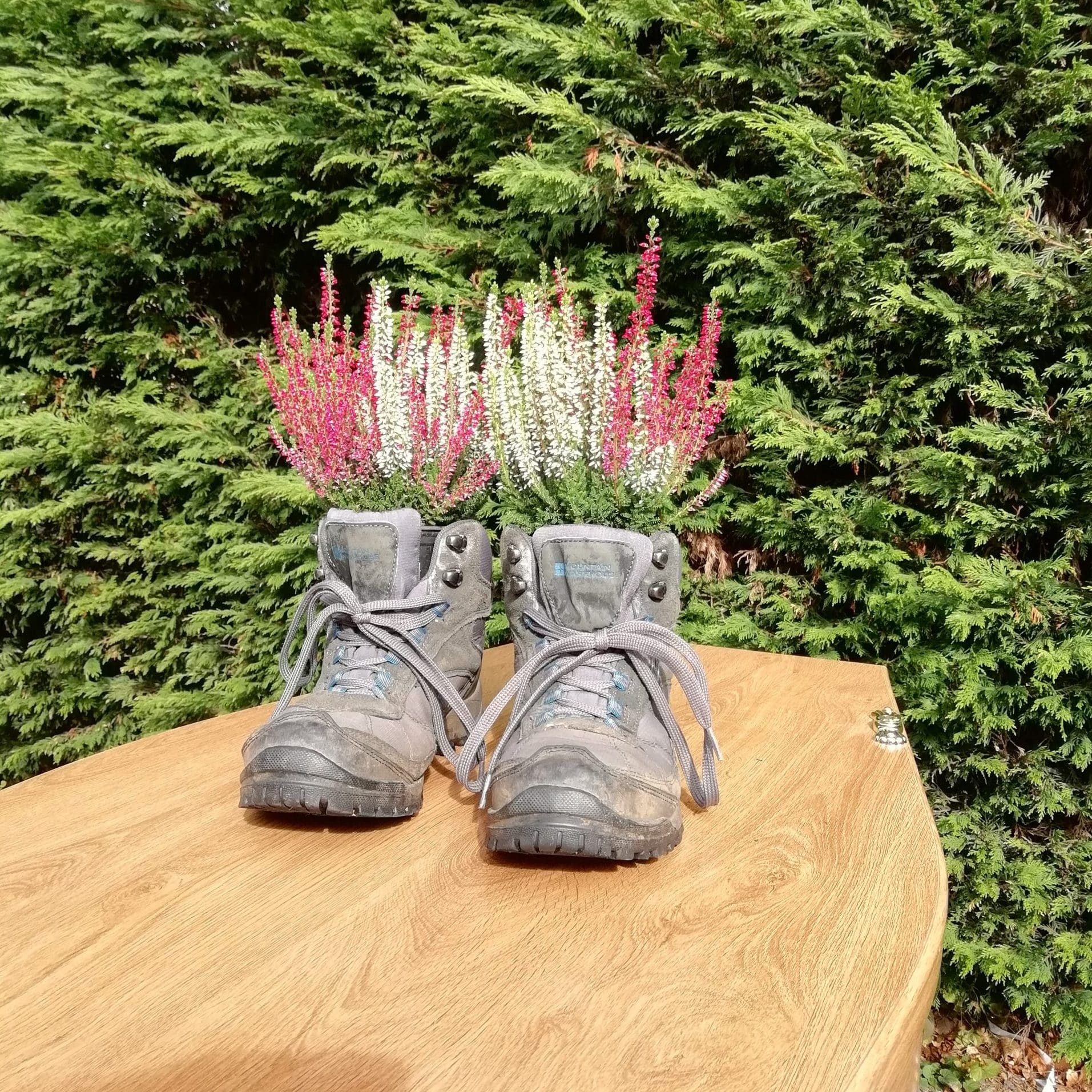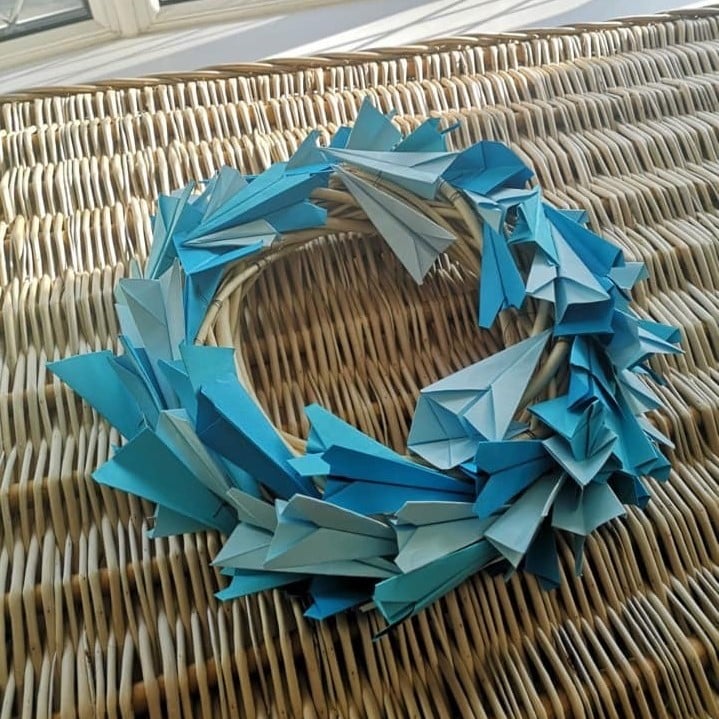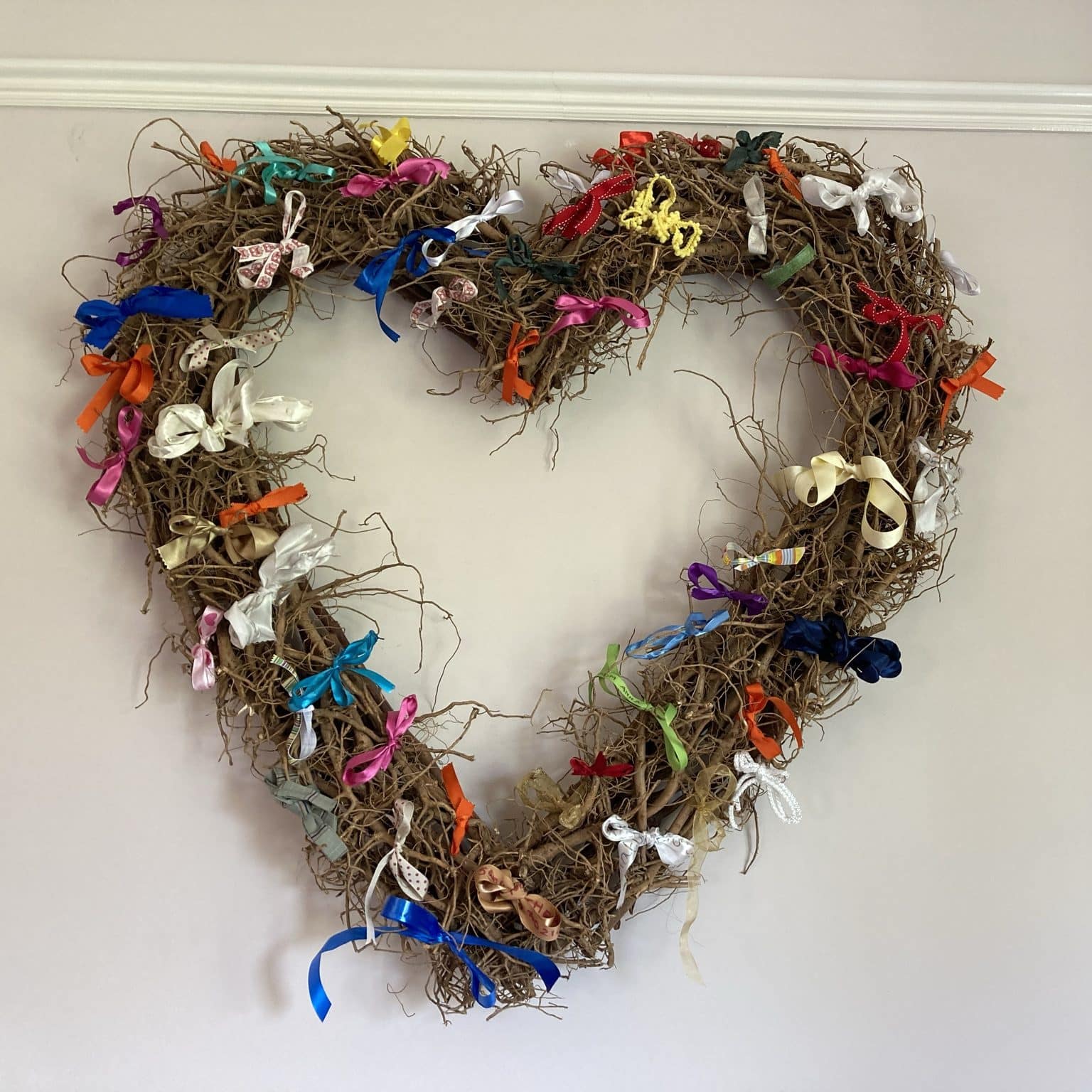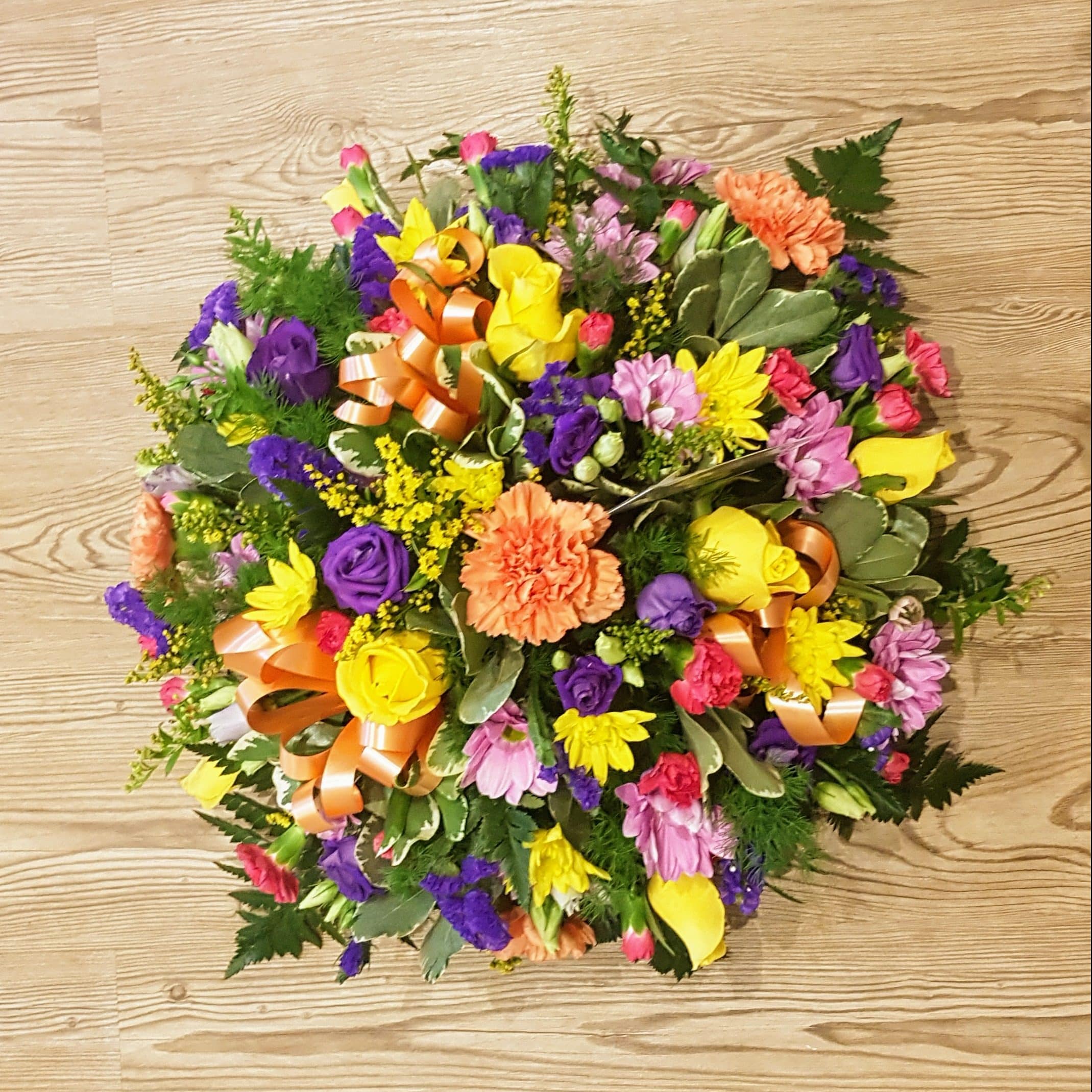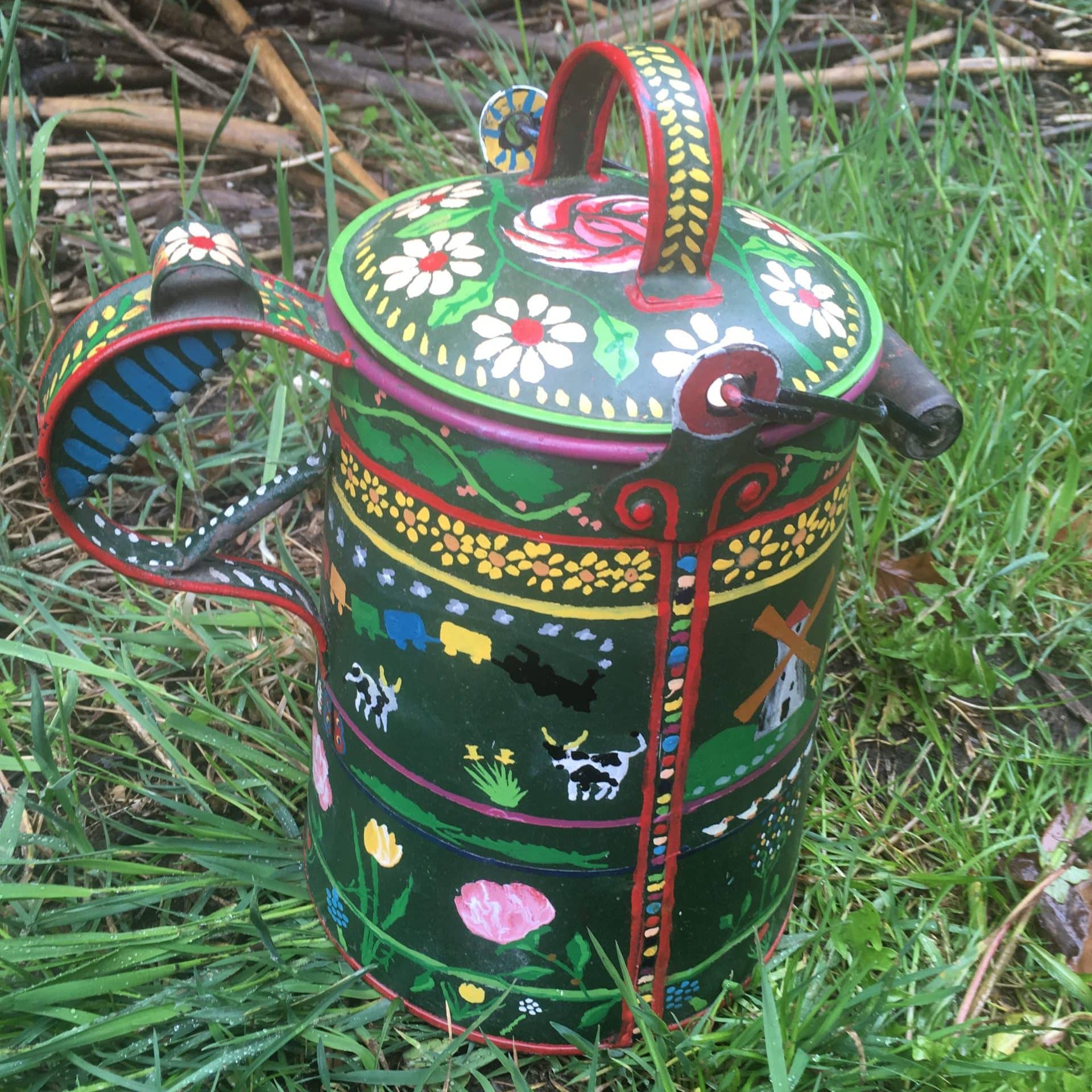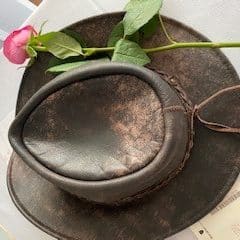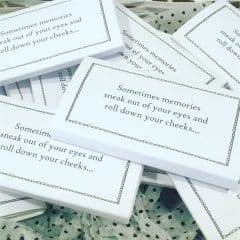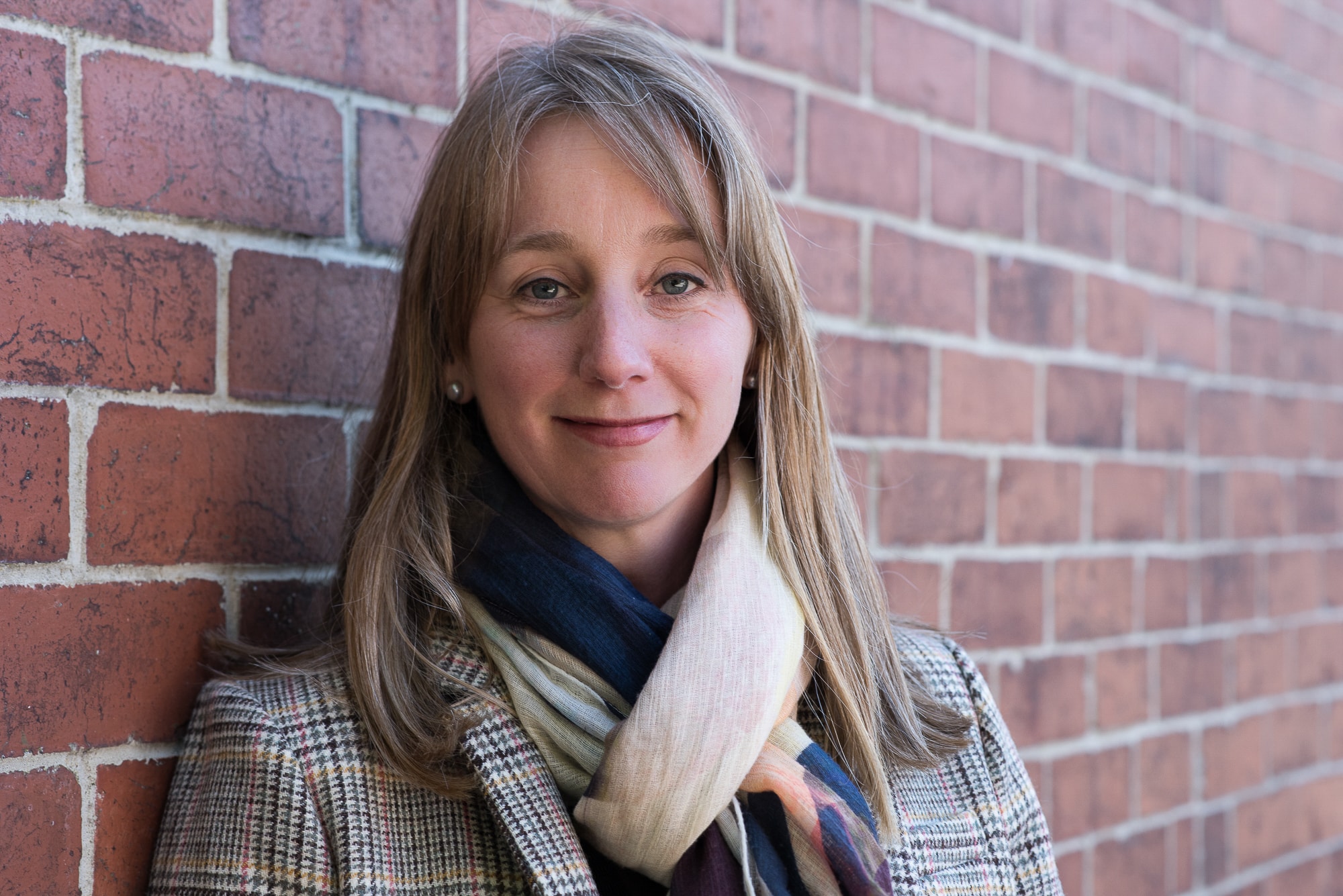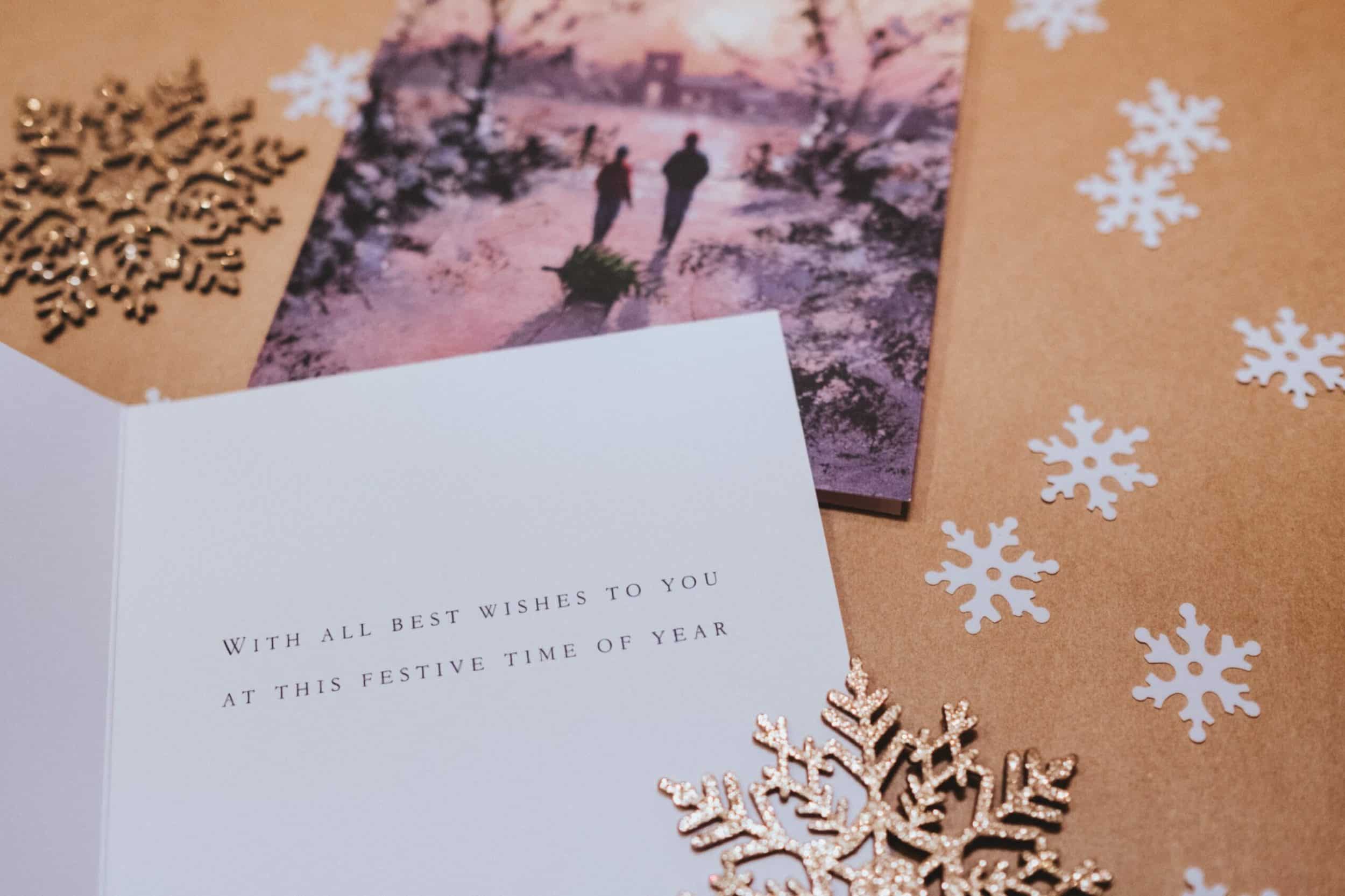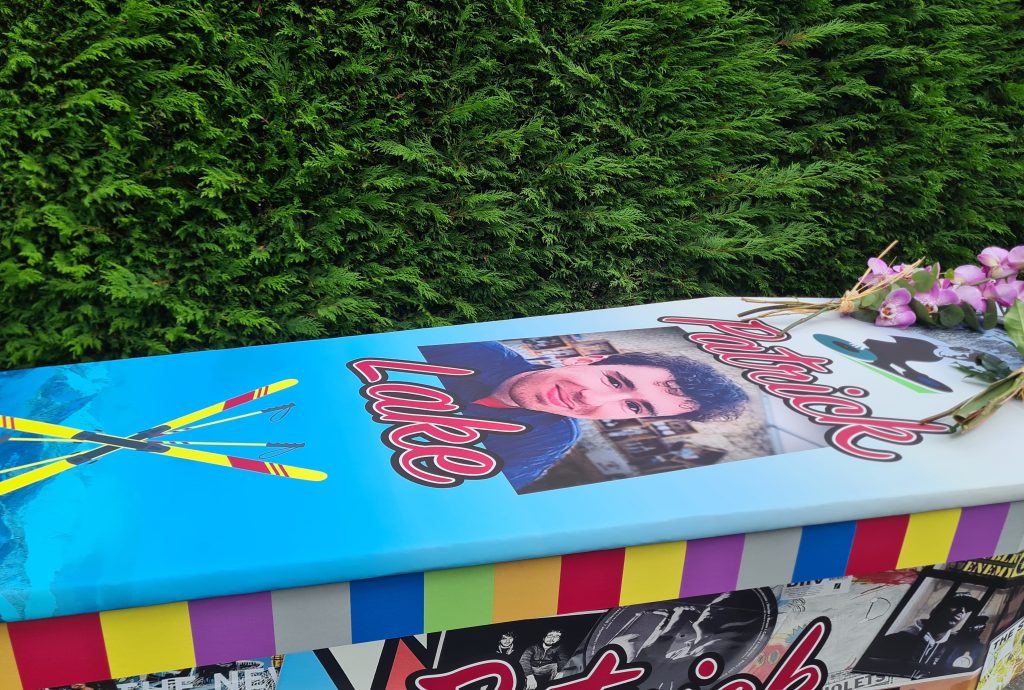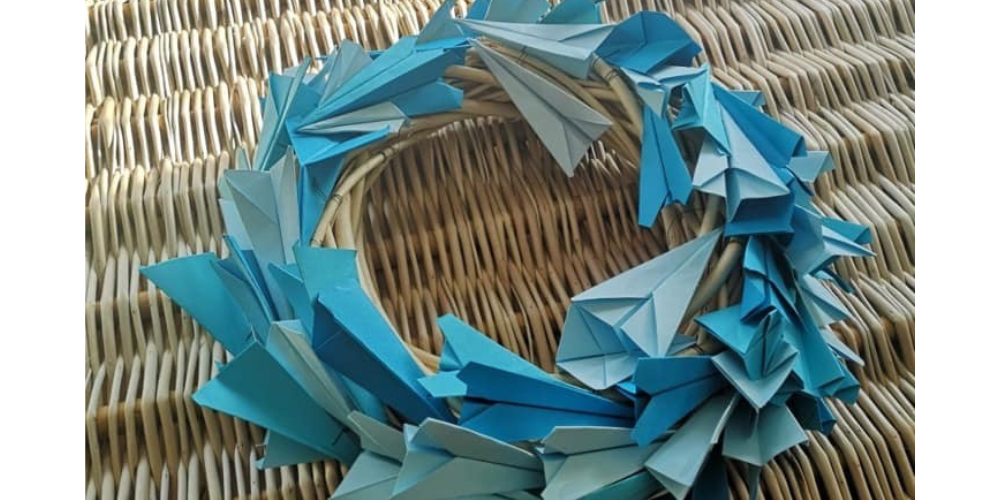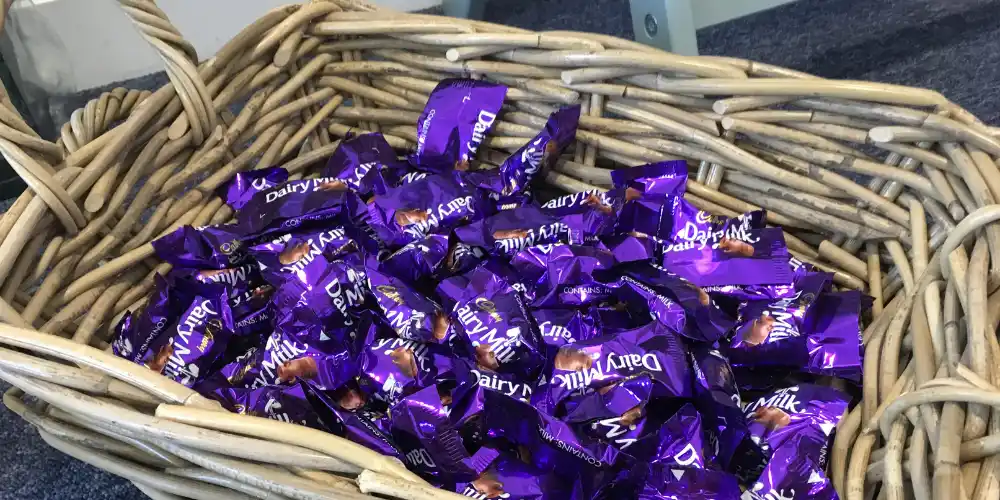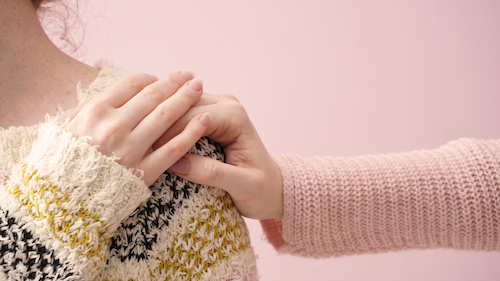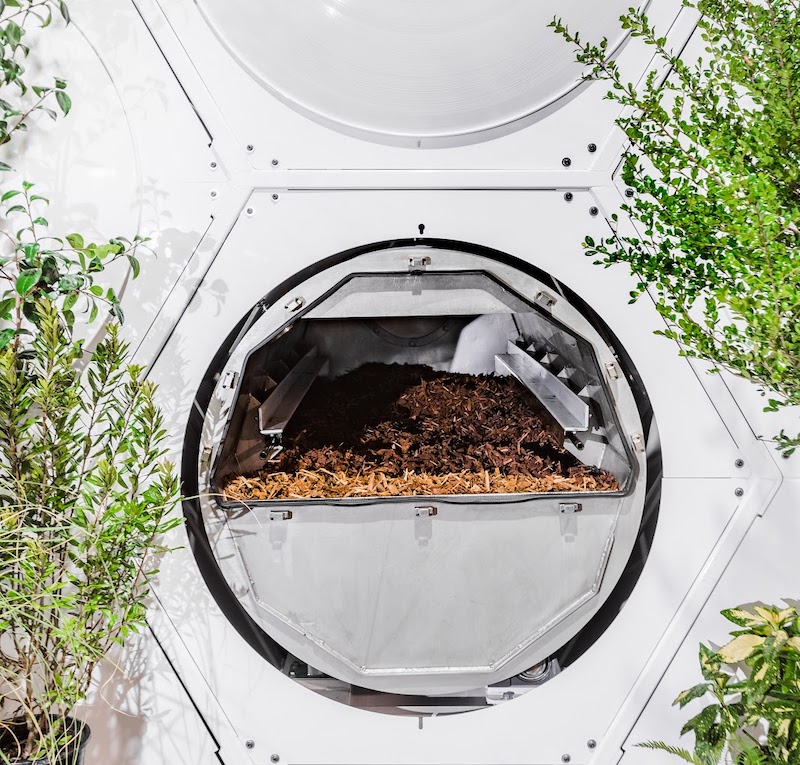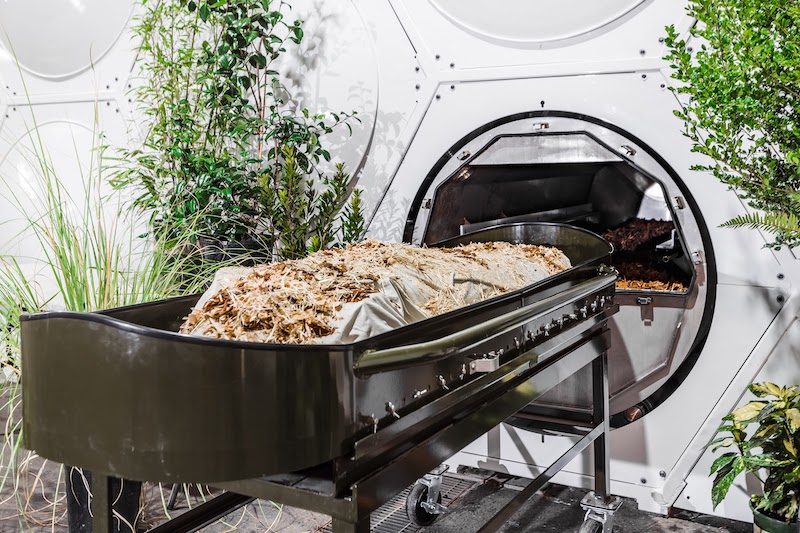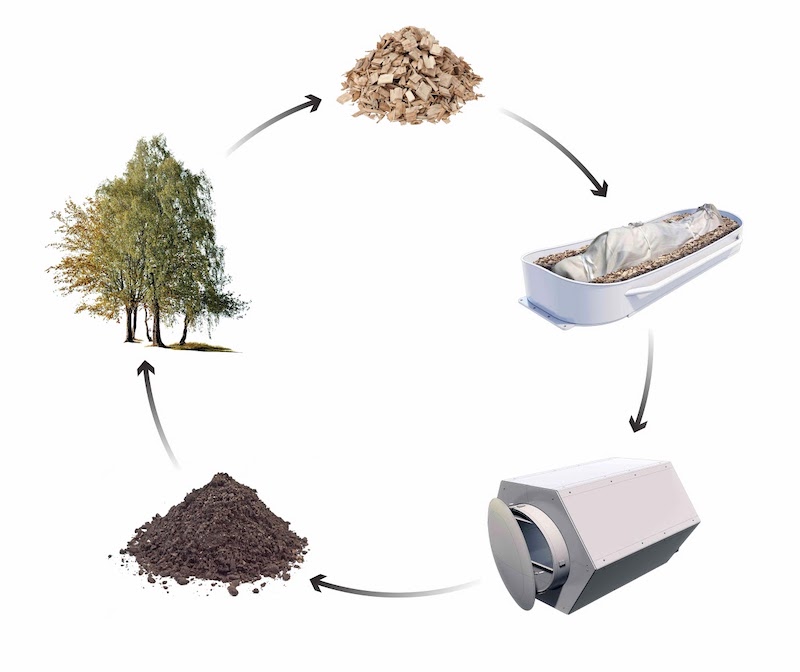



Books can be an excellent way to support a grieving child and help them manage their emotions after loss. Talking about death can be difficult, and some people find it especially hard to approach the subject with children. In fact, all parents may feel it beneficial to read these books to children, not only when they are bereaved, but as a way of starting conversations about death, dying and bereavement more generally.
We have collected a list of children’s books that explore the subject of death and topics around it such as missing someone, saying goodbye and managing difficult emotions. This list is not exhaustive, and there are many books for children on these topics that we haven’t listed, but these are some that stuck out to us.
Badger’s Parting Gifts by Susan Varley
Recommended age: 4-7
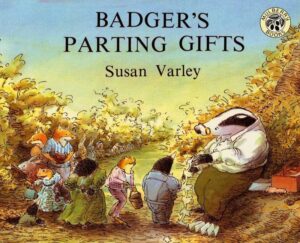

This wonderful book introduces children and adults to ageing, death and dying without using sugar-coated language. Badger is old and knows that he will soon die, which doesn’t scare him but leaves him with concern for those he cares about. When Badger’s death finally arrives the reader is taken through the reactions of those that cared for Badger, and how they felt following his death is explored.
Lifetimes by Bryan Mellonie and Robert Ingpen
Recommended age: 5-8
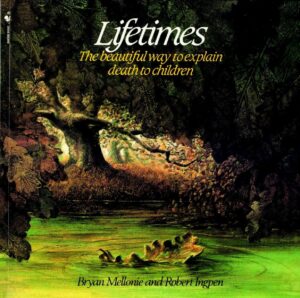

‘Nothing that is alive goes on living forever’
In this gentle book readers are taught that everything that is alive has a lifespan, which begins and also ends. Death and dying is normalised by Mellonie and Ingpen, and made as much a part of living as being born.
The Memory Tree by Britta Teckentrup
Recommended age: 4-8
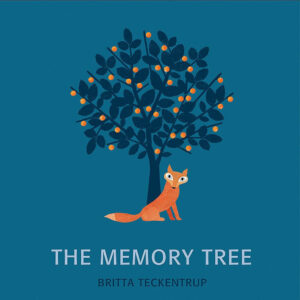

Readers are introduced to Fox who, whilst he has had a long and happy life knows that it is time for him to leave. After he falls asleep for the last time his friends begin to gather round him to share memories, and from this a memory tree grows. In The Memory Tree Teckentrup uses sensitive language to introduce the death of Fox and inspires home with her whimsical illustrations that memories about someone that has died continue on in people’s minds and hearts.
When Dinosaurs Die by Laurie Krasny Brown
Recommended age: 4-8
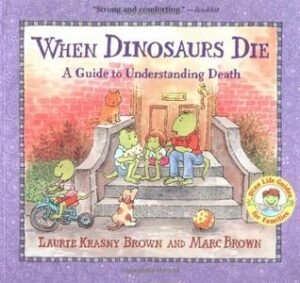

This book explains in simple, honest terms about death, dying and grief. It explores some of the feelings that may be experienced when someone is bereaved, and seeks to answer some of the most commonly asked questions children have about death
Wherever You Are: my love will find you by Nancy Tillman
Recommended age: Baby to 4 years
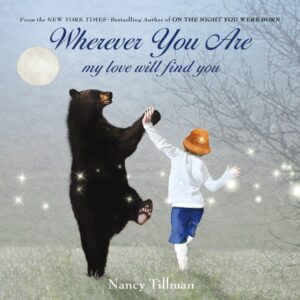

Even when apart, a parent will always love their child. In death that love will remain. This book contains a pertinent reminder for children that have lost a parent that they will never, ever be without their parent’s love, even if they have died.
Duck, Death and the Tulip by Wolf Erlbruch
Recommended age: 7 years and up
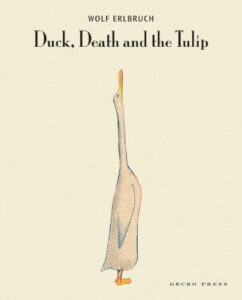

Erlbruch’s tender tale of an unlikely friendship between Duck and Death is beautifully illustrated and serves as a gentle reminder that dying comes to us all, and does not need to be feared.
Gentleman Sam by Penny Hartdale
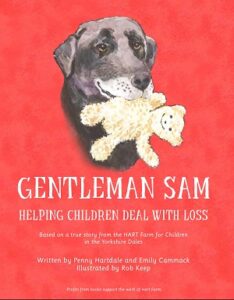

Gentleman Sam is an elderly dog who finds his forever home on a farm with other animals. Sam has lots of lumps and he knows that one of them will kill him. He is not scared of dying, but has concerns for his friends that will remain behind. When Sam dies his friends are very sad, but in time the sun returns as they begin to understand that Sam remains with them, just out of site.
The Paper Dolls by Julia Donaldson
Recommended age: 3-7
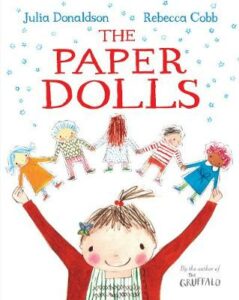

‘…the pieces all joined together,
and the paper dolls flew
into the little girl’s memory’
This is the story about a girl and her paper dolls, and is a sweet reminder of the circle of life and that those we care about remain with us.
Suzie Goes to a Funeral by Charlotte Olson
Recommended age: 3-7
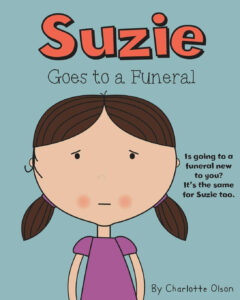

Attending a funeral for the first time can be daunting, especially for children. In this book Olson explains what can happen at a funeral in ways which children can understand. This book can help children prepare for attending a funeral themselves or can serve as a useful tool to explain what happens at funerals to children that might not be attending themselves, but have questions about the event.
Love Will Never Die by Clare Shaw


There are lots of things that children can feel after someone they care about dies. This book explains some of these feelings in honest, clear language, and encourages children to express their feelings through language and through drawing.
Water Bugs and Dragonflies by Doris Stickney
Recommended age: Primary school age
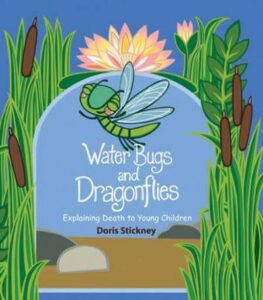

This tale uses the analogy of a water bug turning into a graceful dragonfly to explain death to children.
Buy Water Bugs and Dragonflies
Is Daddy Coming Back in a Minute? by Elke and Alex Barber
Recommended age: Pre-school children
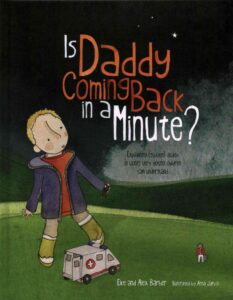

Sudden deaths can be incredibly difficult to come to terms with and often have an added layer of complexity that expected deaths do not have. Elke and Alex Barber have put together this short book that seeks to help children come to terms with someone they care about dying suddenly – it can also be used by adults to open up the conversation about someone’s death.
Buy Is Daddy Coming Home in a Minute?
What Happened to Daddy’s Body? by Elke and Alex Barber
Recommended age: 3-7
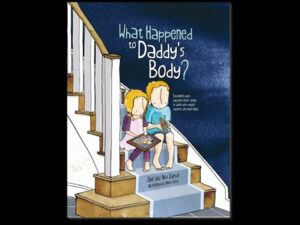

From the same authors as Is Daddy Coming Home in a Minute?, What Happened to Daddy’s Body uses the same delicate but clear language to explain the process of cremation to children.
Buy What Happened to Daddy’s Body?
The Goodbye Book by Todd Parr
Recommended age: 3-6
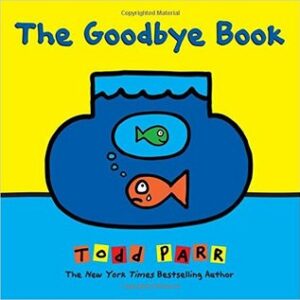

Through the perspective of a fish that has lost his tank-mate, Parr explores the variety of emotions one can experience in loss, and those behaviours that may result. The book concludes by encouraging readers that positive feelings can come after goodbyes, even though it might not feel like it at the time.
I Miss You by Pat Thomas
Recommended age: 6-12
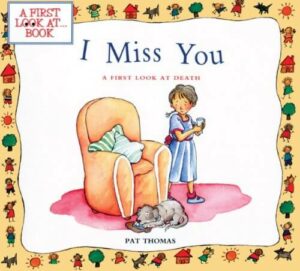

Simple explanations of death, why people die and what people can feel after a funeral are all contained in this book by Pat Thomas.
Ida, Always by Caron Levis
Recommended age: 4-8
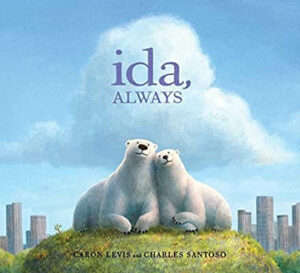

Ida and Gus are polar bears that live in a city zoo. Ida becomes sick with an illness that cannot get better which leads to hear death. Through the experience of Gus and Ida the turbulence of caring for someone through a terminal illness to their death is delicately spoken about in these whimsically illustrated pages.
The Invisible String by Patrice Karst
Recommended age: 3-8
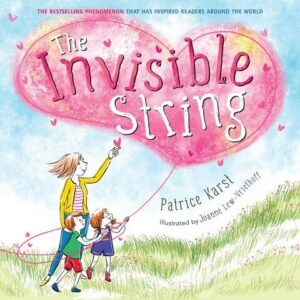

In this book readers are reminded that no matter what happens, even death, people are always connected to those that they love.
The Invisible Leash by Patrice Karst
Recommended age: 3-8
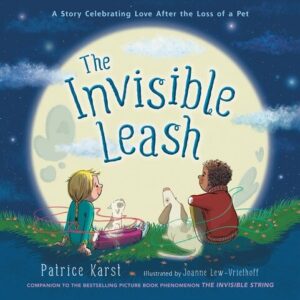

From the author of The Invisible String, this tender tale seeks to reassure readers that after a pet dies, the love they had for them will remain.
I’ll Always Love You by Hans Wilhelm
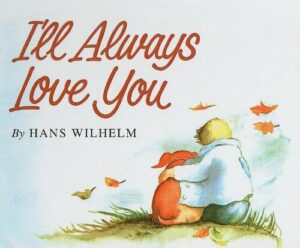

When Elfie, a young boy’s dog dies from old age the boy and his family are sad. Their grief is explored in this book and relief is found in remembering just how much Elfie was and still is loved.
To receive our newsletters and information about new blogs – please sign up here.






